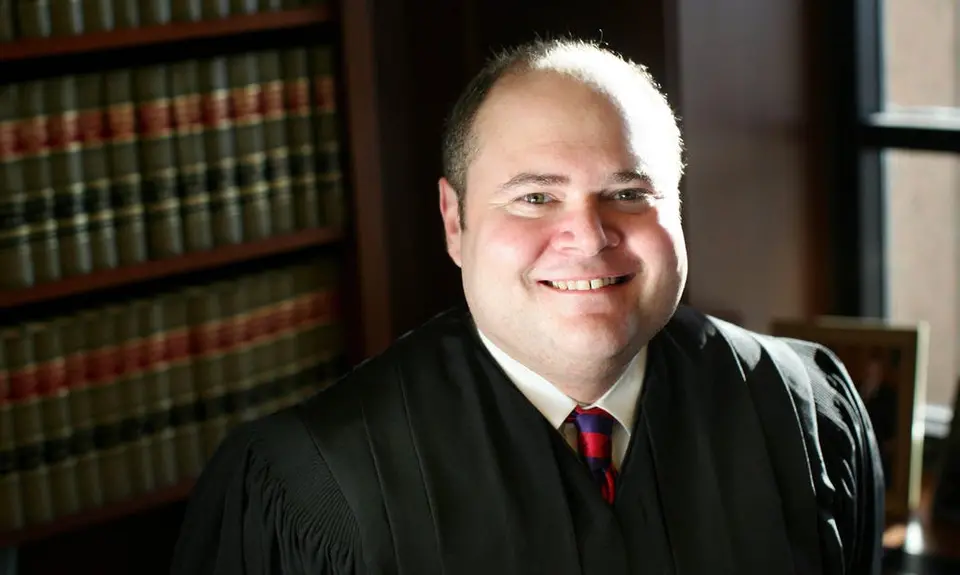“Confirmed Judges, Confirmed Fears” is a blog series documenting the harmful impact of President Trump’s judges on Americans’ rights and liberties.
Trump Judge David Stras of the Eighth Circuit was the author and deciding vote in a 2-1 decision in November 2018 to affirm a lower court order that rejected a claim of ineffective assistance of counsel without an evidentiary hearing in Adetokunbo Olubunmi Adejumo v. U.S. Judge Jane Kelly strongly dissented, explaining that the record did not “conclusively show” that there was no basis for relief, which is required to dismiss such a claim without a hearing. As the majority itself acknowledged, the attorney’s alleged errors could have led to an additional four years or more of imprisonment.
After Adetokunbo Olubunmi Adejumo was convicted for bank fraud and identity theft, he filed a post-conviction motion to vacate his sentence, contending that he had received ineffective assistance of counsel that led to a significant increase in his sentence. Specifically, he maintained that his lawyer had failed to advise him that his decision to testify at a pre-trial release hearing could lead to a decision to increase his sentence, and had failed to continue to contest the government’s claim concerning the amount of loss caused, as a “reasonable attorney” would have done. Under the law, Adejumo was to get an evidentiary hearing on his claims unless the facts and record “conclusively show” that his claims were invalid.
The district court dismissed Adejumo’s claims without a hearing and in a 2-1 decision written by Stras, the Eighth Circuit affirmed. Adejumo’s testimony had resulted in four more years in prison because the judge had concluded that he testified falsely, Stras maintained. Stras continued that Adejumo’s oath to tell the truth should have been enough to warn him, and it was a “speculative risk” that the attorney need not have warned him about the at additional prison time that would result. Judge Kelly strongly disagreed, explaining that the oath was “no substitute” for Adejumo’s lawyer warning him about possible increases in his sentence for the underlying offenses if the judge found that his testimony at the pre-trial release hearing was false. Nor was the risk “remote or speculative,” she explained, because the official commentary on the U.S. Sentencing Guidelines specifically warns of such consequences, which a “reasonable lawyer” should warn a client about. Under those circumstances, she concluded, Adejumo should have received a hearing on his claims.
Kelly similarly explained that Adejumo should have received a hearing concerning his contention that his lawyer failed to continue to contest the government’s assertion of the loss amount for which he was responsible, which also affected his sentence. The majority had agreed that the government made “confusing” statements on that issue at a hearing, and Kelly found there was a “colorable claim” that Adejumo’s lawyer had erroneously admitted that there was no dispute as to the loss amount. Accordingly, she concluded, Adejumo was at least “entitled to an evidentiary hearing” to resolve “disputed facts” on the issue.
